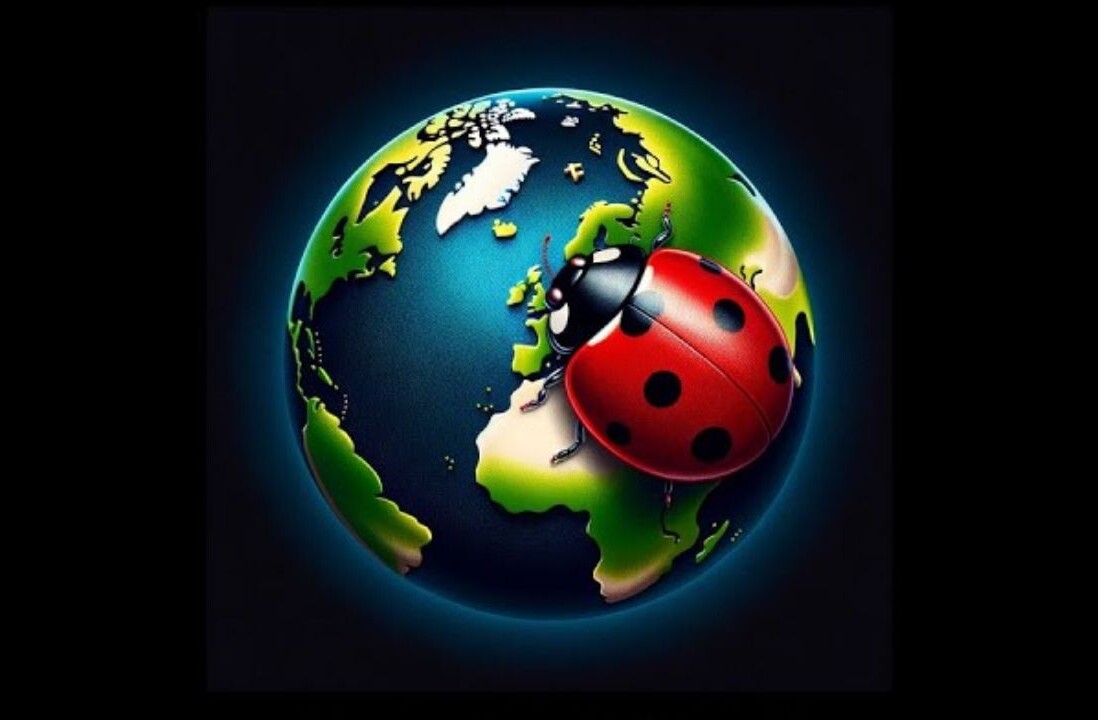
Apple received a record number of national security orders this year, according to its bi-anual report published this week.
The company stated it received more than 13,250 national security requests affecting over 9,000 accounts in the first half of 2017. Compared to the same period in 2015, this represents a threefold increase.
“We count each individual request received and report the total number of requests received within bands permissible by law.”
“Though we want to be more specific, this is currently the narrowest range allowed by the government.”
National Security Requests are subpoenas by the government which oblige companies or individuals to share their data for national security purposes. The requests are usually made in the form of National Security Letters and are demanded only when it’s indispensable to an investigation. The reason for this rise in numbers is still unclear.
The company also revealed it provided data in 44 non-civil governmental cases, information which hadn’t been revealed in its previous reports.
It’s an interesting observation after Apple’s war with the DOJ last year. The conflict occurred when Apple was asked to unlock an iPhone belonging to Syed Farook, accused of murdering 14 people in a San Bernardino mass shooting in 2015. Apple opted not to comply with the request. This time around, it had no choice due to the nature of these requests.
Sharing these reports is voluntary, but other tech giants like Facebook and Google choose to do so, too. Google reported on Thursday that it received up to 500 NSLs for up to 1,499 account, a figure significantly lower than Apple’s.
Get the TNW newsletter
Get the most important tech news in your inbox each week.





